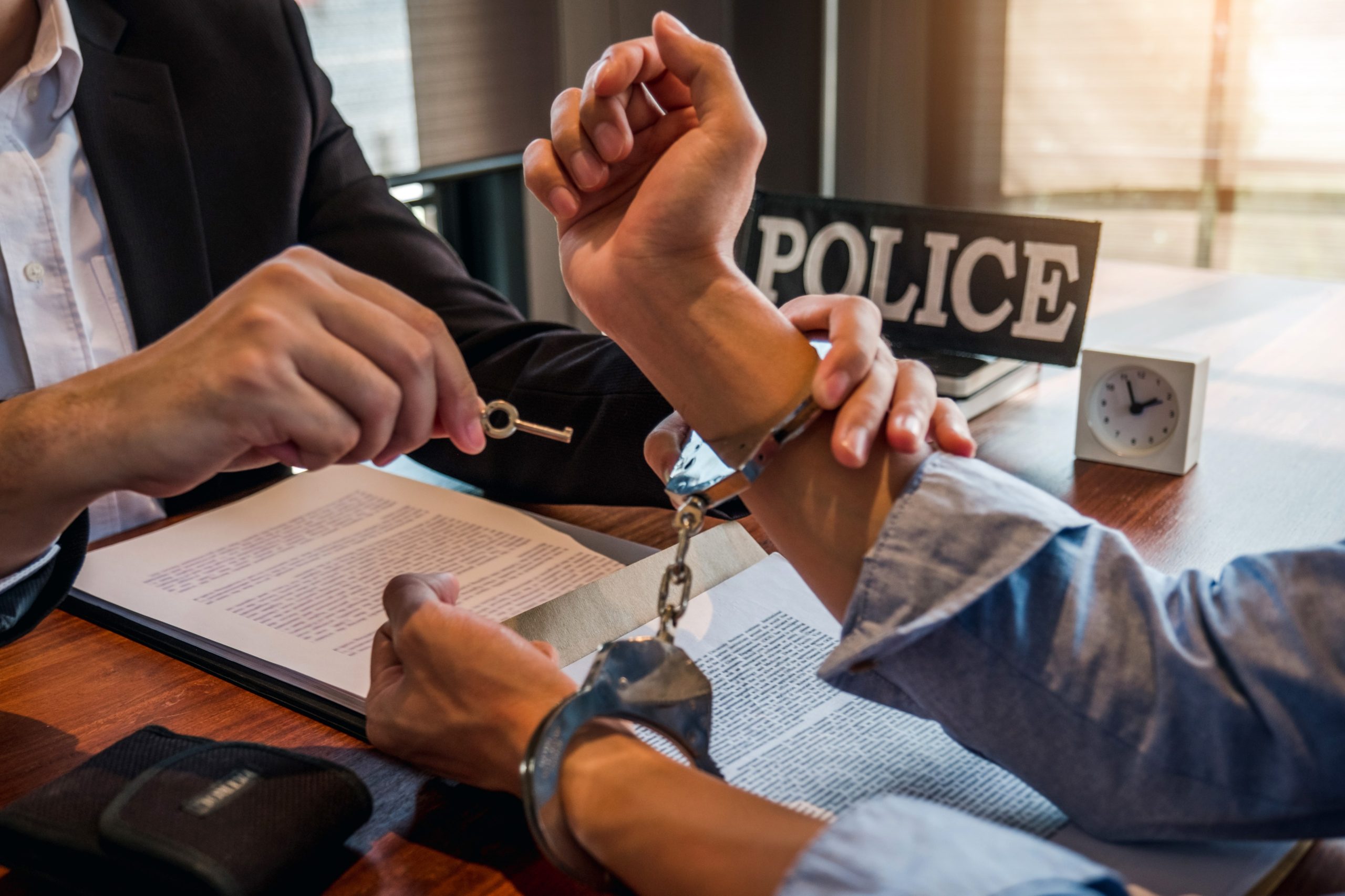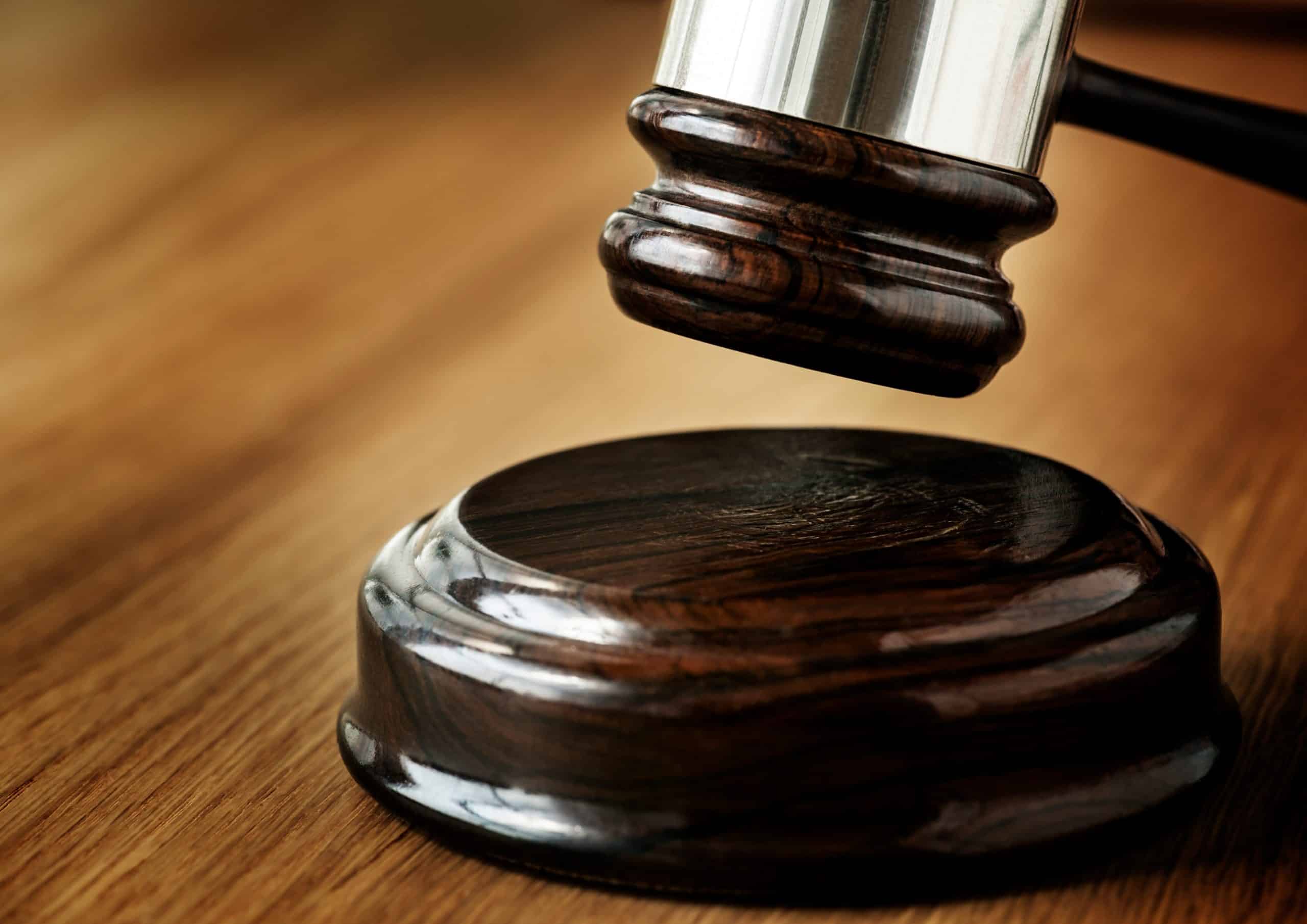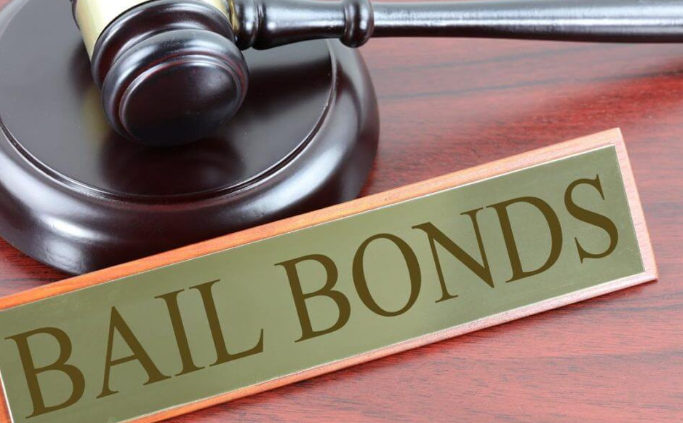The Role of Bail Bonds in Felony and Misdemeanor Cases – Guest Post

Navigating the criminal justice system can be overwhelming, especially when dealing with felony and misdemeanor charges. One crucial aspect that offers hope and practical assistance is the bail bond system. This blog post will explore the role of bail bonds in felony and misdemeanor cases, providing valuable insights for anyone facing criminal charges.
What are Bail Bonds?
Bail bonds are financial agreements that allow individuals accused of crimes to be released from jail while awaiting trial. These bonds act as a guarantee that the accused will appear in court as required. Bail bonds are particularly useful for those who cannot afford to pay the full bail amount set by the court.
Types of Bail Bonds
There are several types of bail bonds, each catering to different scenarios. The most common types include surety bonds, cash bonds, and property bonds. Surety bonds involve a bail bondsman who posts bail on behalf of the accused. Cash bonds require the full bail amount to be paid in cash, while property bonds involve using real estate as collateral.
How Bail Bonds Work
When an individual is arrested, the court sets a bail amount based on various factors, including the nature of the crime and the individual’s criminal history. If the accused cannot pay the bail amount, they can seek the assistance of a bail bondsman such as Absolute Bail Bonds. The bondsman charges a non-refundable fee, usually a percentage of the total bail amount, to post the bond.
The Difference Between Felony and Misdemeanor Cases
Understanding the distinction between felony and misdemeanor cases is crucial for comprehending how bail bonds apply in each scenario. Felonies are more serious crimes that often result in harsher penalties, including longer prison sentences. Misdemeanors, on the other hand, are less severe offenses with lighter penalties.
Felony Charges
Felony charges encompass serious crimes such as murder, robbery, and drug trafficking. Given the gravity of these offenses, bail amounts for felonies are typically higher. The risk to the community and the likelihood of the accused fleeing are significant factors considered by the court when setting bail for felony cases.
Misdemeanor Charges
Misdemeanor charges include less severe offenses like petty theft, vandalism, and minor drug possession. Bail amounts for misdemeanors are usually lower than those for felonies. However, the process of obtaining bail bonds for misdemeanors follows the same principles as for felony cases.
The Role of Bail Bondsmen
Bail bondsmen play a critical role in the bail bond system. They act as intermediaries between the accused and the court, facilitating the release of individuals who cannot afford to pay the full bail amount. Bail bondsmen charge a fee for their services, typically a percentage of the total bail amount.
Responsibilities of a Bail Bondsman
A bail bondsman is responsible for ensuring that the accused appears in court as required. If the accused fails to appear, the bondsman may hire a bounty hunter to locate and return the individual to the authorities. Additionally, the bondsman may be required to pay the full bail amount if the accused skips bail.
Choosing a Reliable Bail Bondsman
Selecting a reputable bail bondsman is essential for securing a smooth bail process. It is advisable to choose a bondsman with a proven track record and positive reviews. Consulting with a criminal defense lawyer can also provide valuable guidance in selecting a trustworthy bail bondsman.
Factors Influencing Bail Amounts
Several factors influence the amount of bail set by the court. These factors are considered to ensure that the bail amount is appropriate for the specific case and the individual involved.
Nature of the Crime
The severity of the crime is a primary factor in determining bail amounts. Serious offenses like murder or armed robbery typically result in higher bail amounts. Conversely, minor offenses like petty theft usually have lower bail amounts.
Criminal History
An individual’s criminal history also plays a significant role in setting bail. Repeat offenders or those with a history of failing to appear in court may face higher bail amounts. The court aims to mitigate the risk of flight or reoffending by adjusting the bail amount accordingly.
Risk to the Community
The court assesses the potential risk the accused poses to the community when determining bail. If the individual is deemed a danger to society, the bail amount may be set higher to ensure public safety. This consideration is particularly relevant in cases involving violent crimes.
The Benefits of Bail Bonds
Bail bonds offer numerous advantages for individuals accused of crimes. These benefits extend beyond the immediate release from jail and contribute to a smoother legal process.
Immediate Release
One of the most significant benefits of bail bonds is the immediate release from jail. Being out on bail allows the accused to continue their daily life, maintain employment, and prepare for their defense without the constraints of incarceration.
Financial Relief
Bail bonds provide financial relief for individuals who cannot afford to pay the full bail amount. By paying a percentage of the total bail to a bail bondsman, the accused can secure their release without facing severe financial strain.
Support from Experts
Working with a bail bondsman offers access to professionals experienced in navigating the bail process. This support can be invaluable in understanding the legal requirements and ensuring compliance with court orders.
Common Misconceptions About Bail Bonds
There are several misconceptions about bail bonds that can lead to confusion and misinformation. Clearing up these misunderstandings is essential for making informed decisions.
Bail Bonds are Only for the Wealthy
Contrary to popular belief, bail bonds are not exclusively for the wealthy. They are designed to assist individuals from all economic backgrounds in securing their release from jail. The fee charged by bail bondsmen makes the bail process accessible to a broader range of people.
Bail Bonds Guarantee Freedom
While bail bonds facilitate release from jail, they do not guarantee freedom from legal consequences. The accused must still appear in court and face the charges against them. Failure to comply with court orders can result in re-arrest and additional penalties.
Using a Bail Bondsman is Complicated
The process of using a bail bondsman is straightforward and designed to simplify the bail process. Bail bondsmen guide their clients through each step, ensuring that all requirements are met, and facilitating a smooth release from jail.
Legal Considerations in Bail Bonds
Understanding the legal aspects of bail bonds is crucial for navigating the bail process effectively. There are specific legal considerations that both the accused and the bail bondsman must adhere to.
Contractual Obligations
When using a bail bond, the accused enters into a contract with the bail bondsman. This contract outlines the terms and conditions of the bail bond, including the fee and the requirement to appear in court. Failing to comply with these obligations can result in forfeiture of the bail bond.
Court Appearances
The primary condition of a bail bond is the requirement for the accused to appear in court as scheduled. Missing a court appearance can lead to the issuance of a bench warrant and the revocation of the bail bond. It is essential to keep track of court dates and attend all required proceedings.
Legal Representation
Having legal representation is beneficial when navigating the bail process. A criminal defense lawyer can provide valuable guidance, negotiate bail amounts, and ensure that the accused’s rights are protected throughout the legal proceedings.
The Future of Bail Bonds
The landscape of bail bonds is continually evolving, with ongoing debates and reforms influencing the system. Understanding these changes is essential for staying informed about the future of bail bonds.
Bail Reform Movements
Bail reform movements aim to address inequalities in the bail system and reduce the reliance on cash bail. These reforms seek to create a fairer system that does not disproportionately impact low-income individuals. Understanding the implications of these reforms is crucial for those involved in the bail process.
Technological Advancements
Technological advancements are revolutionizing the bail industry. Online bail bond services and digital monitoring tools are making the bail process more efficient and accessible. Staying updated on these technological developments can provide valuable insights into the future of bail bonds.
The Role of Advocacy
Advocacy groups play a significant role in shaping the future of bail bonds. These organizations work to raise awareness about issues within the bail system and advocate for policies that promote fairness and justice. Engaging with advocacy efforts can contribute to positive changes in the bail industry.
Conclusion
Understanding the role of bail bonds in felony and misdemeanor cases is essential for navigating the criminal justice system. Bail bonds offer a practical solution for securing release from jail, providing financial relief, and ensuring compliance with court requirements. Staying informed about the bail process, legal considerations, and future developments can help individuals make informed decisions and effectively navigate their legal challenges.
For more information on bail bonds or to seek professional assistance, reach out to a reputable bail bondsman or consult with a criminal defense lawyer. Their expertise and support can make a significant difference in managing the complexities of the bail process.







Recent Comments